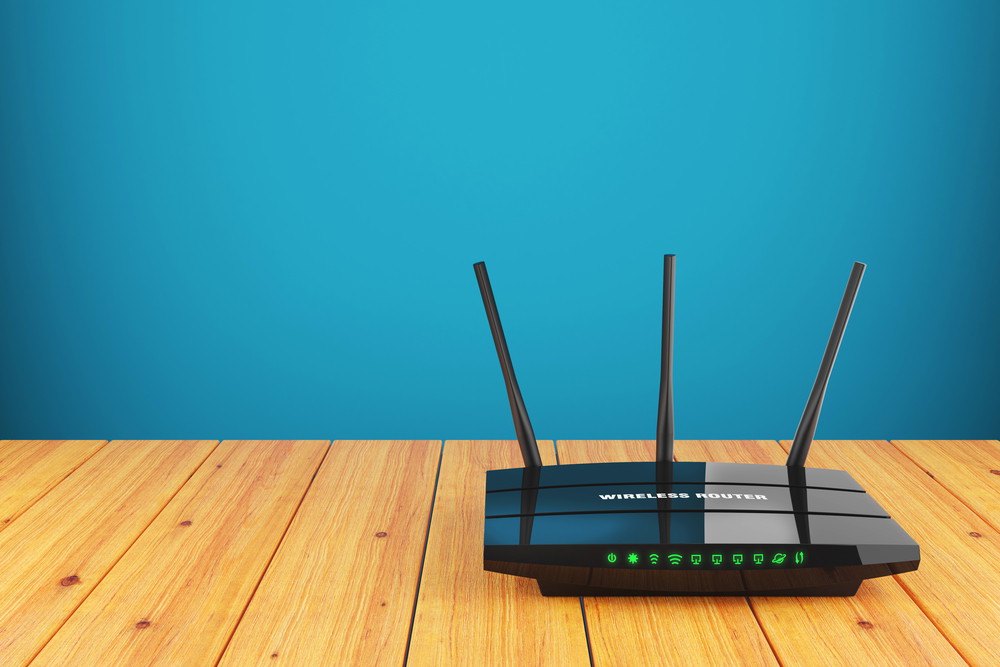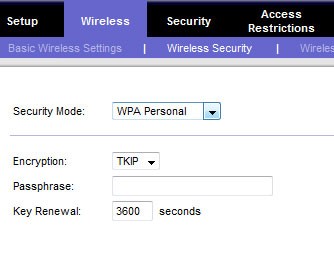Almost everyone, today, has set up a wireless router in their homes. For those who have yet to buy their wireless routers, it is imperative to know a few pre-requisites—not to mention appropriately install the Wi-Fi router is as essential as is buying the right one.
Tips for Buying A New Router
A few tips that can help you buy a wireless router are:
1. High Signal Strength
For proper wireless access to the internet all through your home, you must determine the signal strength beforehand. Manufacturers often mention the signal strength specifications; however, it is best not to rely on the mentioned ratings and see for yourself how the signal strength of a router varies across every single room of your house or office. It has very often been observed that even the best and latest routers fail to provide enough signal strength all over, even the smallest of apartments. A great way to achieve high signal strength is to remove obstacles that lie in the path of the router.
2. Deciding on the Speed
Before buying your wireless router, ensure that it will be in sync with your already existing internet connection; in other words, the router should be able to lend your DSL or cable-internet ample support. All the latest routers provide around 600 Mbps of speed on paper. Ask around if all your devices are compatible with the 802.11N standard. If no, you would better off with an 802.11G router instead. Using unsupported devices will ultimately bring down the effective speed significantly, much to your displeasure. If your requirement is such that you can’t do without using both G and N-type devices simultaneously, then you’d have to choose a dual-band router to avoid interference and the resultant slowing down of the speed.
3. Speed Test
A real-life range-test of the few models you have zeroed-in on should give you a good idea of how well the wireless router is going to turn out to be, for your specific setting. Many websites help you assess the results of the speed throughput test.
4. Encryption
You don’t want anybody within the Wi-Fi range accessing your paid-for facility at leisure and eating upon your bandwidth, do you? The solution to your problem is securing your network with the right encryption methodology. There are many ways to secure Wi-Fi networks. Here, the most popular way of ensuring the right encryption is to use WPA.
5. Compatibility
The most overlooked trick is to choose the same wireless-router brand as that of your existing network cards. This compatibility plays a vital role in your being able to select the perfect wireless router to meet your internet needs.
6. Customer Support
What use would a wireless router be if you are facing connectivity problems, and no customer support is available to help you fix your issue? The wisest thing to do would be only to go for a popular manufacturer of the wireless provider of the internet!
7. Warranty
You don’t want your precious little piece of investment to a fault more often than it ought to. Buying a wireless router that stands guarded for at least a given period, is thus your best bet. Typically, the top brands offer the best warranties and are also best for trouble-free operation. You can give wireless routers manufactured by Tenda, TP-link, Linksys, and Netgear a try.

